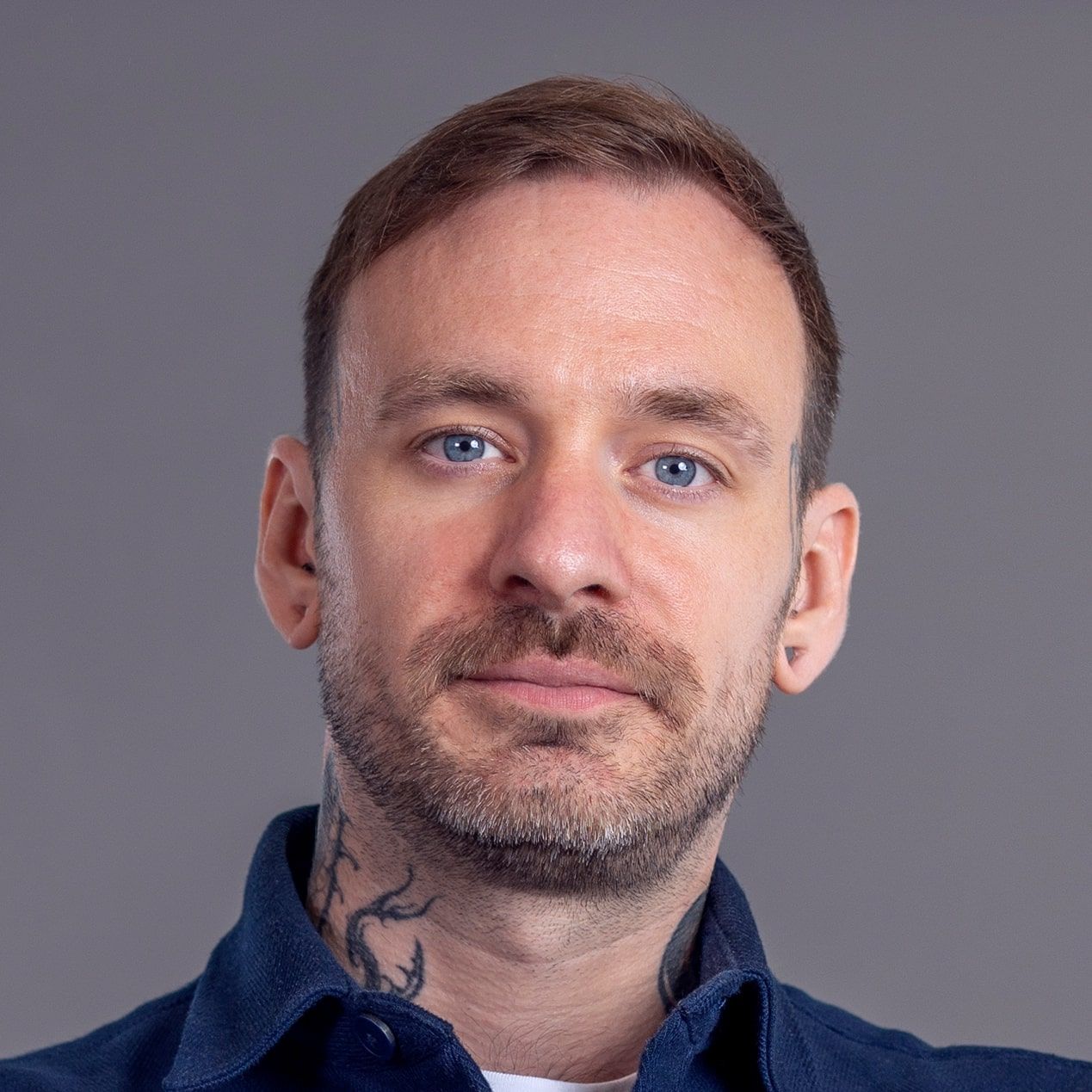
Best for My Chest: an LGBT+ breast screening campaign, driven by community co-production
Stewart O'Callaghan (they/them)
- Health inequalities
- Lived experience
- Person-centred care
Pink. That’s what we associate with breast cancer campaigns. But with screening rates lower in parts of the LGBT+ (lesbian, gay, bisexual, transgender, and others) community, this approach may not be resonating in the same way.
Do we need an alternative?
We, OUTpatients, with the support of the NHS North East London Cancer Alliance (NELCA), took this question directly to the community. In our co-production sessions held in a queer bookshop, they commented that existing campaigns were too focused on ‘bras, boobs and fear’. Instead, they wanted to feel empowered and informed, ideally by people who looked like them:
I’d much rather hear about how to navigate healthcare from an older queer than from a doctor, that would be amazing.
What does the research tell us?
Lesbian and bisexual women have been shown to report poorer experiences of breast screening. We also know that the The Breast Screening Programme(BSP) only invites those with a female (or indeterminate) gender marker, so depending on how a transgender person’s gender is recorded at their GP, they may be left advocating for their own appointment. This is concerning when about a fifth of trans people don’t disclose their trans status in healthcare and therefore may not be requesting life-saving screening.
Affecting real change
Creating an eye-catching campaign is only part of the puzzle. Many in our co-production sessions shared that they were so disillusioned by their healthcare experiences that a campaign would be hollow without real change:
I can really, really want to get that screening done, but if that attitude hasn’t changed where I’m going… I’m just not going to do it even though I want to have that screening done.
Despite the lack of standardised LGBT+ education in core medical training, we know that appetite is high. A survey of 258 oncologists showed that only 8% felt confident in treating LGBT+ patients and 68% felt training should be mandatory. So to support the campaign, I developed and delivered a webinar that would help those working in breast clinics, spanning a range of topics from pronouns through to experiences and risk ratios. One attendee described it as:
Essential for improving patient centred care in our breast screening services. It made me realise how much knowledge and understanding I lacked.
Launching our campaign
The campaign’s creative underwent a year of development before being launched in Breast Cancer Awareness Month as ‘Best for My Chest’. It proudly features four ‘community champions’ sharing their experiences. Not only are they visible, but they also have a voice both on the posters and through video interviews.
When the campaign launched, we were pleased to hear from one of the original co-production session members who shared that:
As a trans person, I felt heard in ways I had never felt heard before… I have rarely seen people who look like me in ads, and never in healthcare. I have never seen a mention of pronouns outside of gender identity clinics. I have never been reassured I could take someone with me to appointments. And these are all obstacles that, unfortunately, have often led me to skip or postpone doctor appointments, either consciously or unconsciously. I genuinely think this campaign is going to change that.
Check it out!
We are proud to have delivered a powerful campaign that resonates with both patients and professionals and helps them to improve the patient’s expectations and experiences. You can see the full campaign at BestForMyChest.com, read our hints and tips, and hear directly from the community champions about what matters to them most during an appointment.
Biography
Stewart O’Callaghan (they/them) is the award winning Founder and CEO of OUTpatients, the UK’s only LGBTIQ+ cancer charity. Building upon their personal experience of cancer and its services, the charity is proudly patient-led and working to improve the representation, information and support available to LGBTIQ+ people affected by cancer.